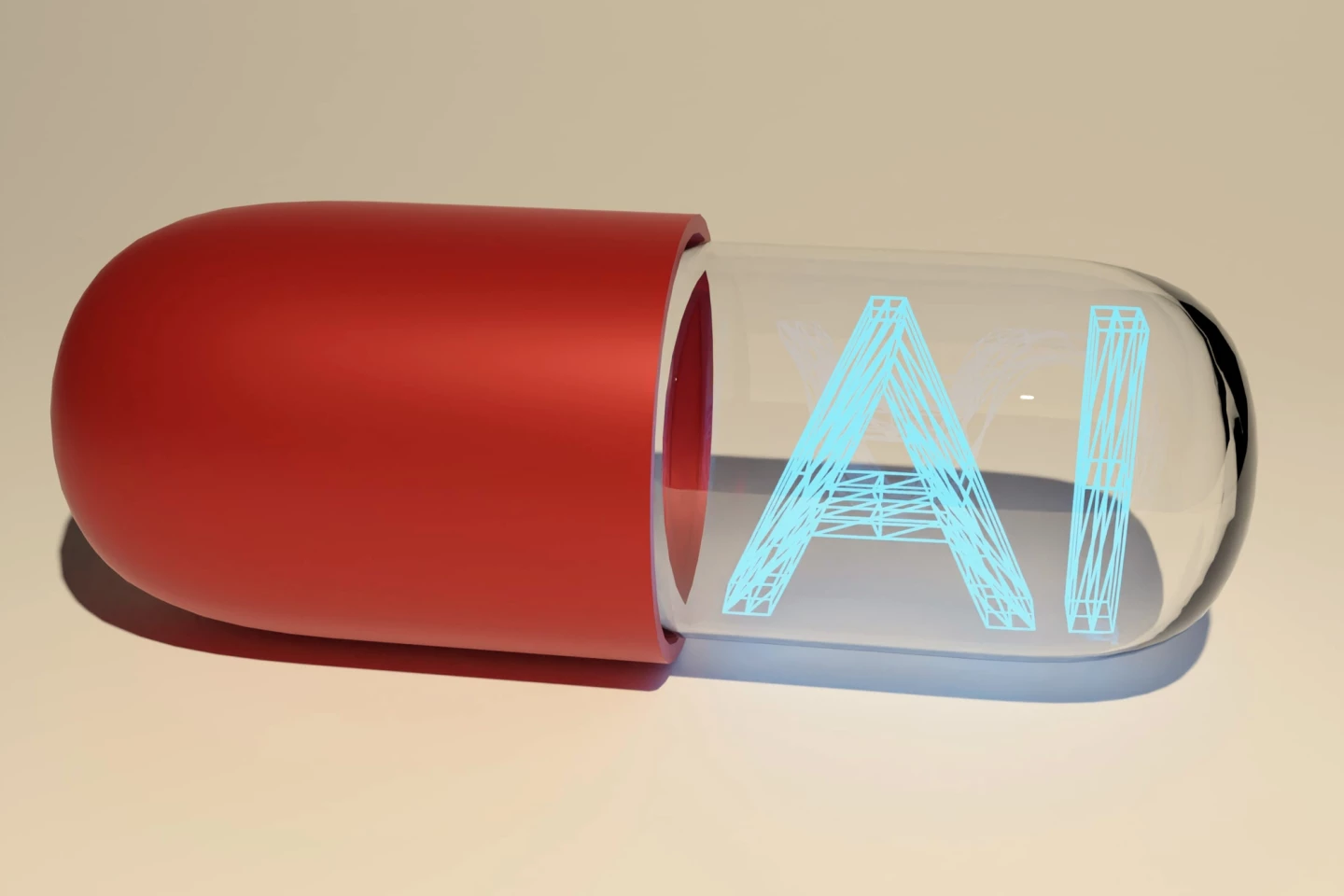Aging is a natural part of life. But does it have to be? Helping humans to live longer and healthier were two things that featured in research during 2023. Here are the top anti-aging stories that appeared on New Atlas throughout the year.
Moderately cutting calories activates healthy aging genes

While much of this year’s research into anti-aging was aimed at developing treatments to slow or reverse the ravages of time, some focused on more achievable but no less effective measures.
For example, a study found that a moderate 12% reduction in daily caloric intake was enough to activate most biological pathways associated with healthy aging. The researchers found that reducing calories significantly changed gene expression, including inflammation-related genes, which have a strong connection to aging.
Stay well hydrated to avoid cellular aging (and live longer)

In a huge study that followed more than 15,000 participants over 25 years, researchers looked at serum sodium levels as a proxy measure of hydration and used them to assess biological aging. They found that people with serum sodium levels above 142 mmol/L (normal is 135 to 146 mmol/L) were up to 15% more likely to present as biologically older than their chronological age. Above 144 mmol/L, the rate jumped to 50%. And those with the highest sodium levels (144.5 to 146 mmol/L) were 21% more likely to suffer premature death compared to those with the lowest.
The researchers’ take-home message? Stay well-hydrated by drinking plenty of water.
Protein boost improves brain function in older monkeys

Our kidneys produce a protein called klotho, which regulates molecular pathways associated with aging. Although its mechanism of action is unknown, what is known about klotho is this: it boosts cognitive function in older monkeys.
Researchers gave rhesus macaques aged an average of 22 years (the human equivalent of around 65) an injection of klotho, raising their levels to that of juvenile monkeys. Following the injection, they were about 20% better at navigating difficult mazes to find a treat. Could klotho work the same way in humans? Time will tell.
Natural amino acid rolls back the hallmarks of aging in animals

There are several hallmarks of aging, including chronic, low-grade inflammation (sometimes called 'inflammaging'), DNA damage, and an accumulation of senescent cells, which are cells that have stopped dividing but haven’t died off.
Knowing that taurine, the most abundant naturally produced amino acid in the human body, plays an important role in cell development, nutrition and survival, researchers examined how it affects aging. Giving taurine to mice, monkeys, and worms, they noticed that it had a positive effect on the hallmarks of aging, resulting in an overall boost in health. They also lived longer.
AI identifies natural anti-aging chemicals

When we’re young, those sleepy senescent cells are cleared from our body by the immune system. But, as we age, our bodies become less effective at doing so.
To identify potential senolytics – senescent cell clearers – researchers developed a machine-learning model that they trained with academic papers, commercial patents and information from libraries containing a wide range of FDA-approved drugs or compounds used in clinical trials. They found three candidates – ginkgetin, periplocin and oleandrin – that removed senescent cells without harming healthy ones. All three are natural products found in traditional herbal medicines.
Reversing aging by substituting gene therapy for a chemical cocktail

There’s the genome, which contains all the genetic data needed to make an organism, and then there’s the epigenome, which tells different cells to express specific genes vital to their function. In 2006, a team of Japanese scientists discovered molecules called Yamanaka factors, that reprogram the epigenome to revert adult cells to a stem cell state; they won a Nobel Prize for the discovery.
Researchers later used gene therapy to deliver Yamanaka factors to mice, "rebooting" the epigenome to reverse aging symptoms. Then, in 2023, they thought they’d look for a method of anti-aging that didn’t rely on gene therapy. After creating systems of cell samples, the researchers exposed them to different chemicals, identifying the cocktail that reversed the aging process and restored the cells to a more youthful state.
A genetic tweak lengthens a cell’s pathway to death

It sounds grim, but it’s true: our cells are on a pathway to death. Well, one of two pathways. One involves a decline in DNA stability, the other a decline in mitochondria, but the result in both cases is the same – cell death.
There’s a gene that controls cell aging. Working like a toggle switch, it sends a particular cell down one of these two pathways. But researchers managed to rewire the gene so it caused cells to bounce between pathways, meaning it took longer to reach the destination (cell death) than following a straight path. For now, the technique has only been tested in yeast cells.
And a pathway that controls aging?

Researchers uncovered another pathway this year, this time used by "jumping genes," DNA sequences that move – or jump – from one location in the genome to another. The moves can create mutations, causing genomic instability that can promote aging.
Researchers demonstrated that the roundworm C. elegans, a model system for aging studies, had a specific RNA silencing pathway mechanism that protects genomes from the adverse mutagenic effects of jumping genes. Downregulating some of the most mobile jumping genes extended the worm’s lifespan by around 10%, providing experimental proof of a pathway that controls aging.













